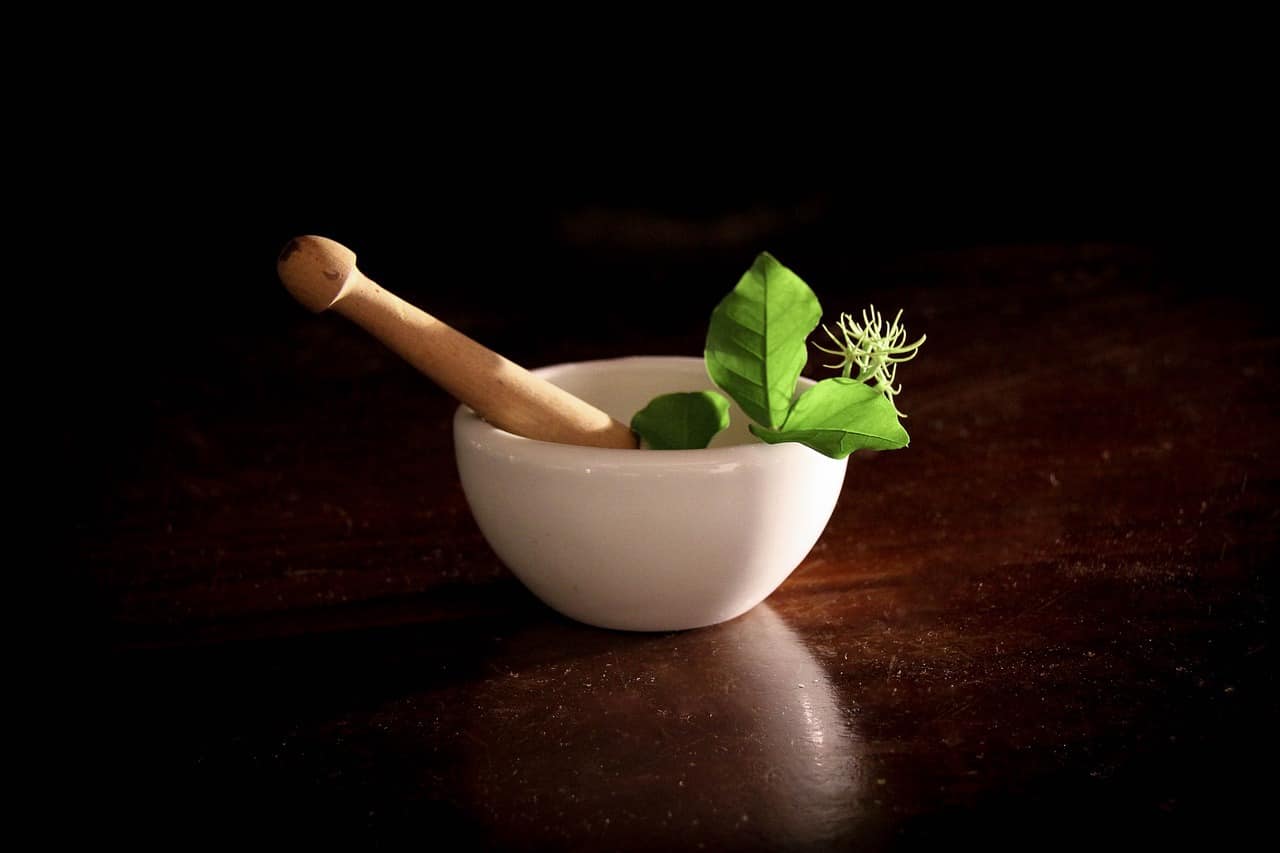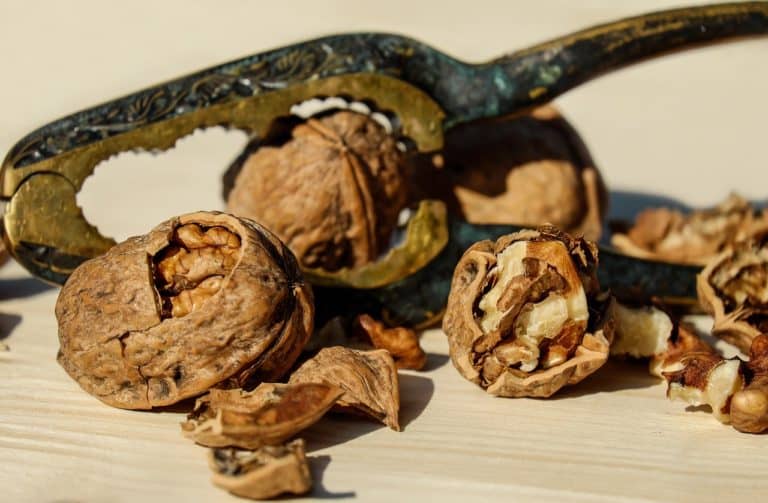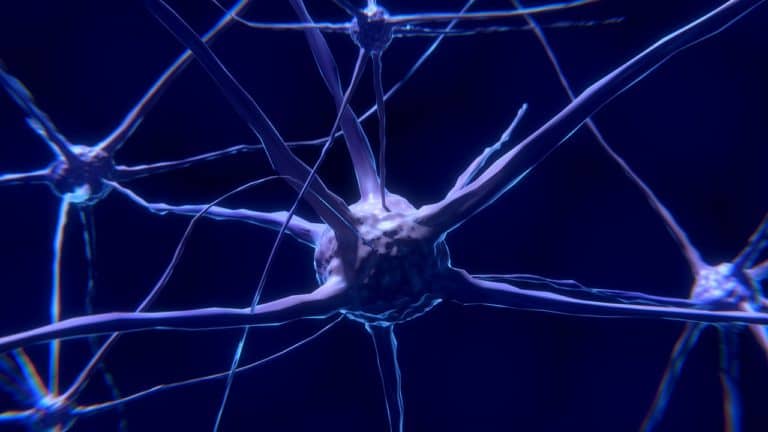Pygeum, an herbal remedy derived from the bark of the Pygeum africanum tree, has been used since ancient times to treat bladder problems. Pygeum contains a variety of active components, including the phytosterols beta-sitosterol and campesterol. Phytosterols have anti-inflammatory effects, which make them helpful in prostate biopsy recovery. Pygeum also has two other components–ursolic acid and oleanic acid–which have anti-inflammatory properties as well.
Men with prostatitis also may benefit from taking pygeum. Pygeum also has been shown to be effective in the treatment of prostatitis. Two studies in particular have identified compounds in pygeum that may be helpful in the treatment of prostatitis. One compound is called atraric acid, which can be isolated from the bark of pygeum. (Papaioannou 2009) Another compound was discovered in a German study, in which investigators reported that NBBS (N-bugylbenzene-sulfonamide) has properties that may make it useful in the treatment of prostatitis. (Papaioannou 2010)
In 2000, researchers evaluated 18 randomized controlled studies and concluded that pygeum “modestly, but significantly” improved symptoms of BPH. (Ishani 2000)
The suggested dosage is 75 to 200 mg capsules of standardized pygeum extract (bark; 13% total sterols) taken once daily or in equally divided doses. Possible side effects include nausea, loss of appetite, and abdominal pain.
References
Ishani A et al. Pygeum africanum for the treatment of patients with benign prostatic hyperplasia: a systematic review and quantitative meta-analysis. Am J Med 2000 Dec 1; 109(8): 654-64.
Papaioannou M et al. NBBS isolated from Pygeum africanum bark exhibits androgen antagonistic activity, inhibits AR nuclear translocation and prostate cancer cell growth. Invest New Drugs 2010 Dec; 28(6): 729-43
Papaioannou M et al. The natural compound atraric acid is an antagonist of the human androgen receptor inhibiting cellular invasiveness and prostate cancer cell growth. J Cell Mol Med 2009 Aug; 13(8B): 2210-23
University of Maryland Medical Center. Benign prostatic hyperplasia







